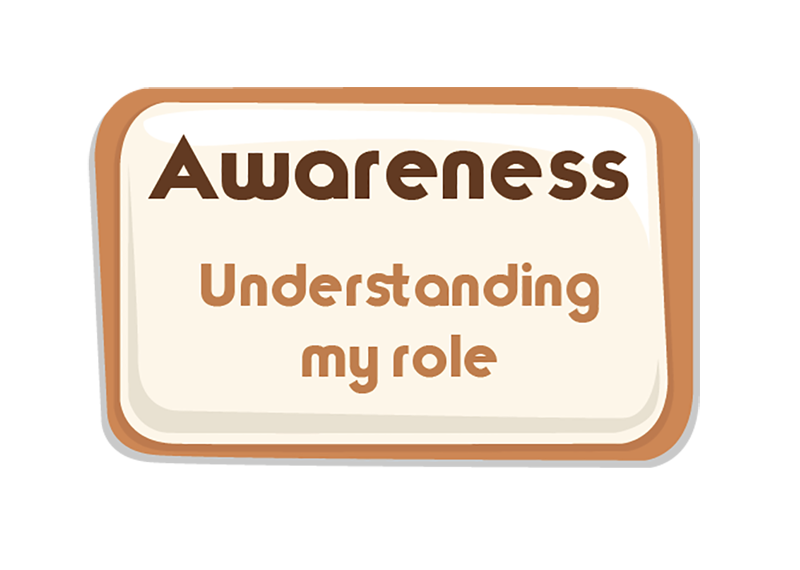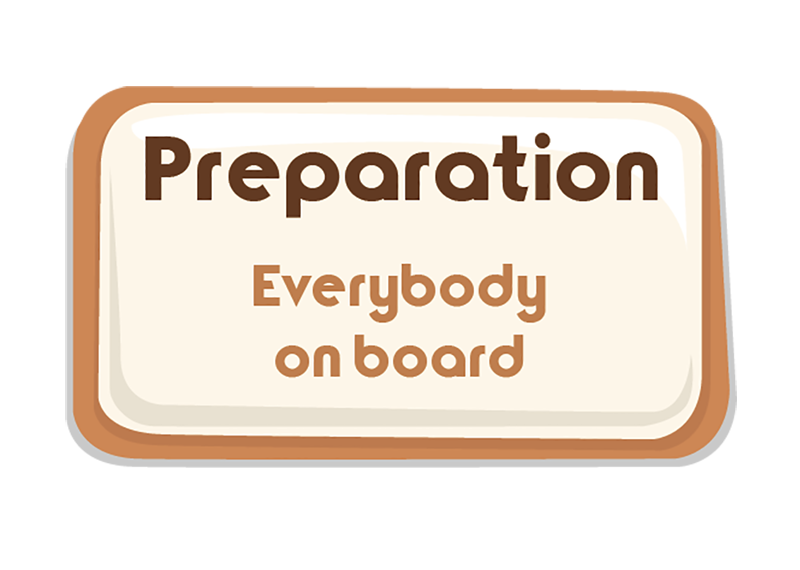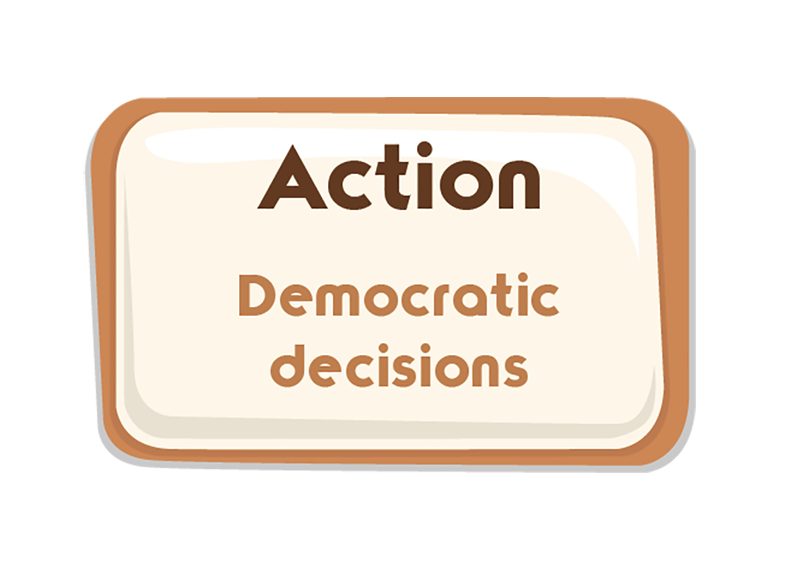
Developments in school education reflect the challenges in society today, such as inclusion, integration of migrants, educating for democracy and human rights, coping with global competition, and implementing educational reform projects.
The traditional paternalistic role model of a school director has become outdated. As a lone fighter and decision-maker, a school leader cannot keep up with such challenges and changes. The complexity and dynamics of social, economic and political developments demand collaboration and participation of all stakeholders and community members, both at the school and state level.
Therefore, your success as school principal depends on your school community – the willingness of your staff, students and parents to co-operate and accept responsibility. As principal, you operate within a network involving the local community, media, donors, school authorities and other schools, and your engagement, whether inside or outside of school, requires skilful communication and co-operation. No one questions your position and responsibility as a school leader. On the contrary, your role is more important than ever. Now you are also tasked to delegate responsibility, to coordinate school development projects, to explore limits and opportunities within the legal framework, and to act as a role model for your teachers and students.
Democratic school leadership as a whole school approach supports you in your extended role and responsibility. Democratic School Leadership affords all stakeholders the opportunity to share their expertise and to assume responsibility. Thus, burden-sharing supports you, the school leader. Extended responsibility, however, involves more participation, and vice versa. To a considerable extent, democratic school leadership is joint school governance and decision-making.
Democratic school leadership goes far beyond the rights and responsibilities defined in the formal framework of school laws. Its informal “soft” elements encourage a way of thinking, living and working together – a democratic school culture. A school is the first institution that students enter in their lifetime, and a democratic culture within this institution will educate them in democratic citizenship and human rights. A democratic school culture is the most valuable contribution a school can make to the sustainability of democracy and human rights in society and at state level. Therefore, democratic school leadership offers your students a unique learning opportunity – to practice elements of democratic citizenship at an early age, an experiential learning experience befitting their stage of development and level of understanding.
This sequence explores democratic school leadership, embedded in a democratic school culture and conceived as a whole- school approach, in four topics. Topic 1, A democratic style of school leadership, focuses on your role as a democratic school leader and team player. Topic 2 introduces the Council of Europe’s model of Competences for democratic culture. These competences include attitudes, values, skills, knowledge and understanding that contribute to such a culture of democracy. This raises the question how these competences can be acquired through practical experience. Topic 3 considers Democratic school leadership as a whole-school approach and shows how this works in practice. Topic 4, Discipline through responsibility focuses on the sensitive issue of student discipline in school. It is argued that encouraging students to take responsibility for their school is more promising than attempting to enforce discipline through force and fear.
A democratic style of school leadership
Competences for a democratic culture
Democratic school leadership as a whole- school approach
Discipline through responsibility





